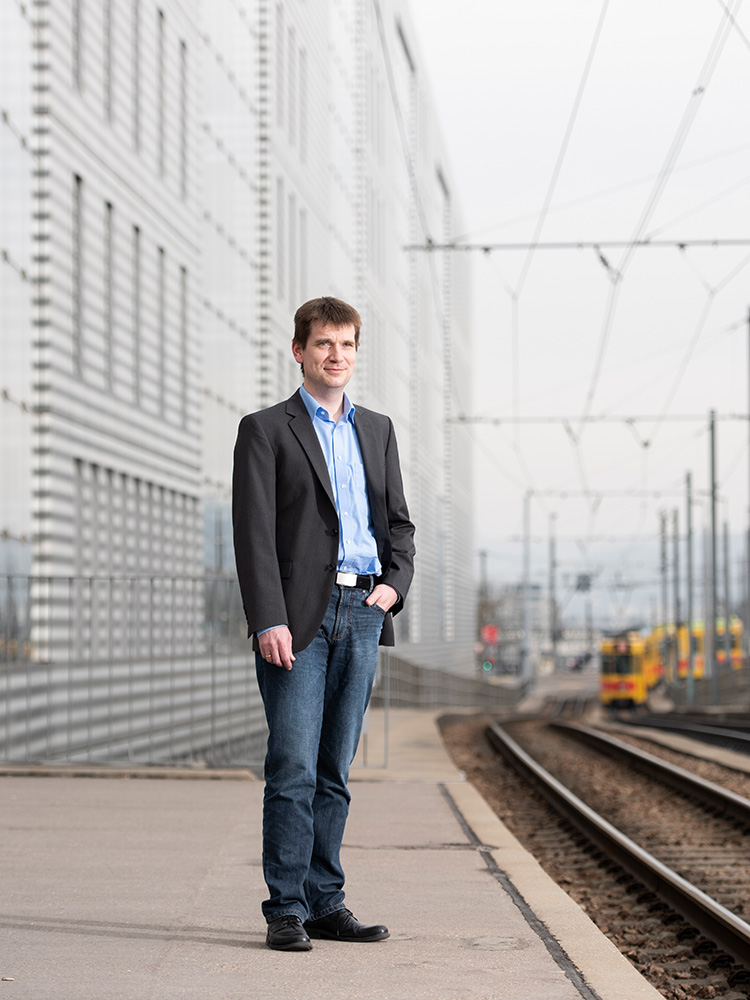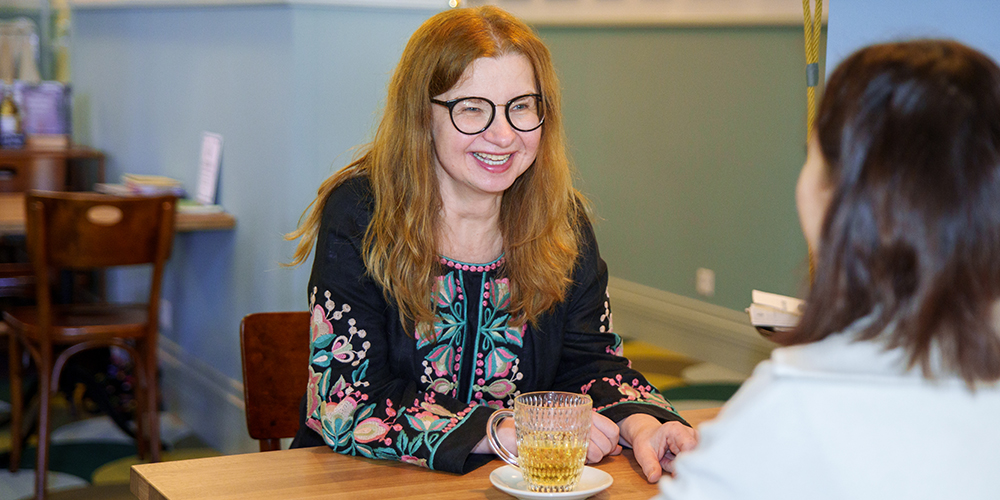Sustainability from the Perspective of the Economic Sciences
Frank Krysiak explores the question of what exactly sustainability is from an economic perspective. In doing so, he is taking into account uncertainties as well as risks and applies the results to topics like energy and climate policy.
Politics affects the trajectory of progress
Krysiak investigates topics that are rather atypical for an economist. He is interested in understanding the long-term effects that environmental, energy and climate policies have on technology and progress. One thing is clear to him: «Politics affect technological progress – not only in terms of the speed of progress, but also the direction progress takes.» Even small differences in the design of policy measures are enough to significantly alter the development of new technologies. In addition, the diffusion of new technologies requires an appropriate design of key markets. For example, a redesign of electricity markets will likely be necessary in order to reflect the changing technical and economic characteristics of renewables (see CREST White Paper #5).
One of Krysiak’s key research fields is energy policy. He was head of the SCCER CREST, one of the eight federally funded Swiss Competence Centers for Energy Research (SCCER), from 2014 to 2020. The SCCER CREST connected about 200 researchers from nine Swiss universities and numerous cooperation partners from practice. Energy will be also one of three focus topics of the new research network Sustainable Future of the University of Basel, which 15 professors founded together in 2020.
After completing his Energy and Process Engineering studies in Berlin, Krysiak decided to not specialize in one specific energy technology. He rather crossed over into the discipline of economics to research the framework conditions for progress in green technologies. On the one hand, he has shown that instruments such as the CO2 tax do indeed provide incentives for companies to invest in emission-reducing technologies. On the other hand, he is conducting ongoing research on how energy markets ought to be designed and integrated with climate policies in order to enable a rapid and efficient switch to a sustainable and probably more decentralized energy supply.
Learning to deal with change
To date, according to Krysiak, there are no uniform standards with which to assess the sustainability of corporate strategies or political programs. As an economist, Krysiak has come to the conclusion that we should not spend too long debating about the sustainability of political strategies: «Instead, we should ask ourselves how our society can best deal with changes such as the use of genetic engineering in agriculture or climate change».
For him, sustainability means above all weighing up the opportunities and risks posed by specific changes. And this often requires support through politics. According to Krysiak, research from the SCCER CREST shows that technological progress alone is not enough: «We also need a societal framework that enables the technologies to be used properly». For example, how to build houses more energy-efficiently has been well known for a long time. But how do you make homeowners use these new technologies? Politics and society have not yet discovered a panacea for resolving this question.
Interdisciplinary research in the field of sustainability
In the Sustainable Future (SF) research network, founded in 2021, research groups from five faculties of the University of Basel have joined forces to collaborate on the thematic focus areas of Energy and Climate, GeoBio-Diversity and Sustainable Digital World. Frank Krysiak is a founding member of the network and a steering committee member.



